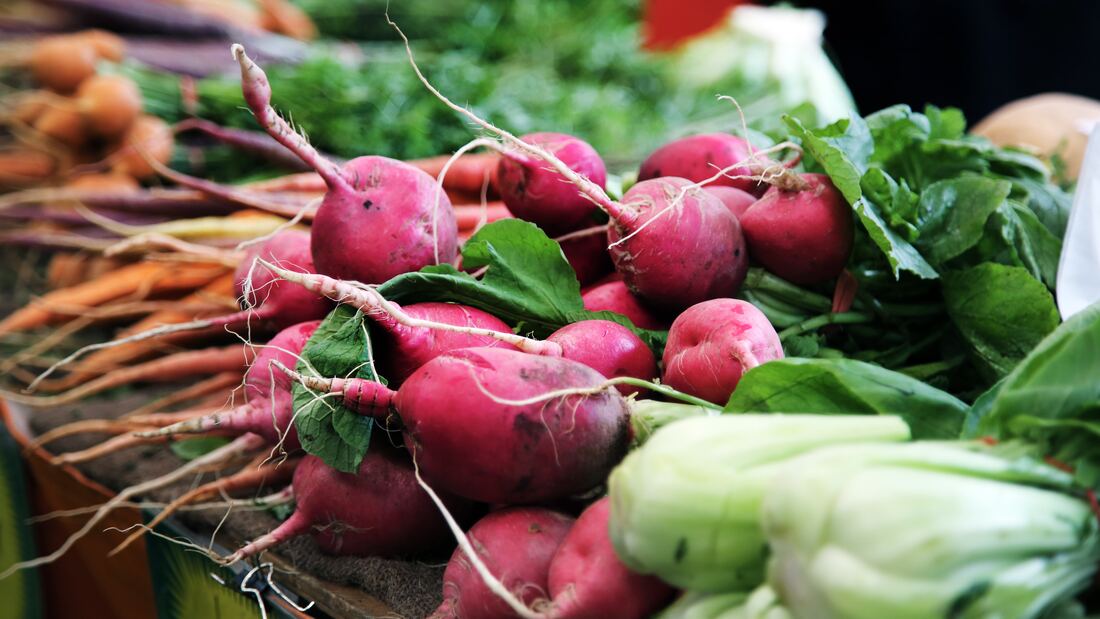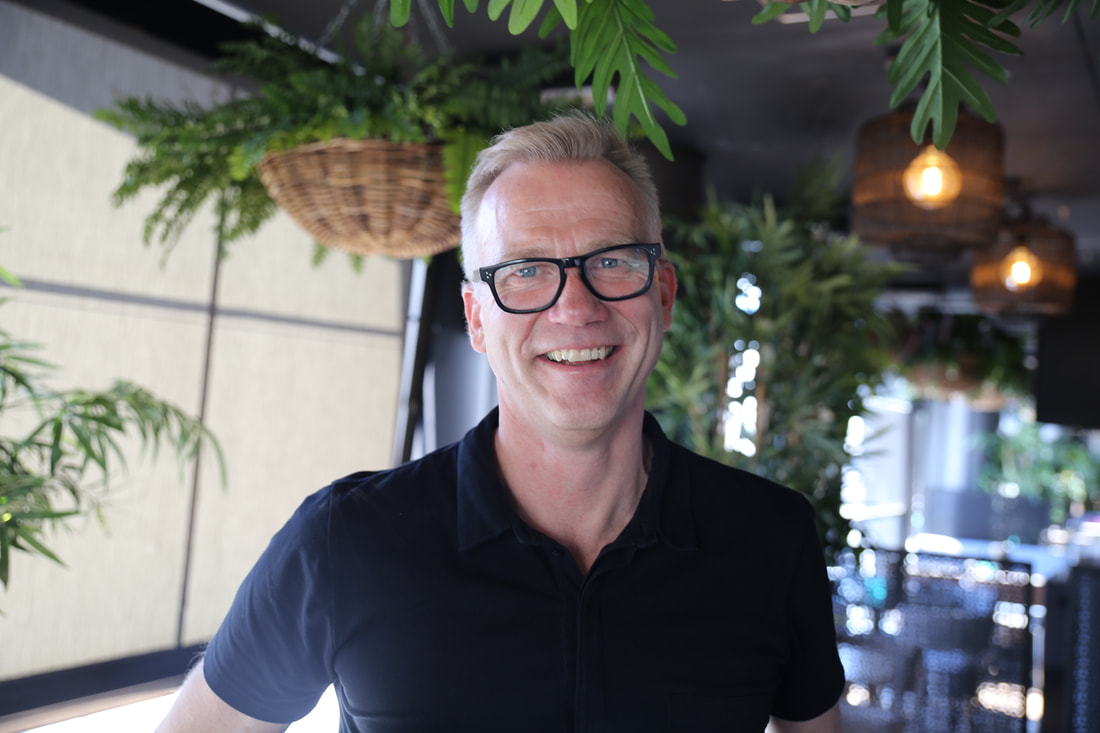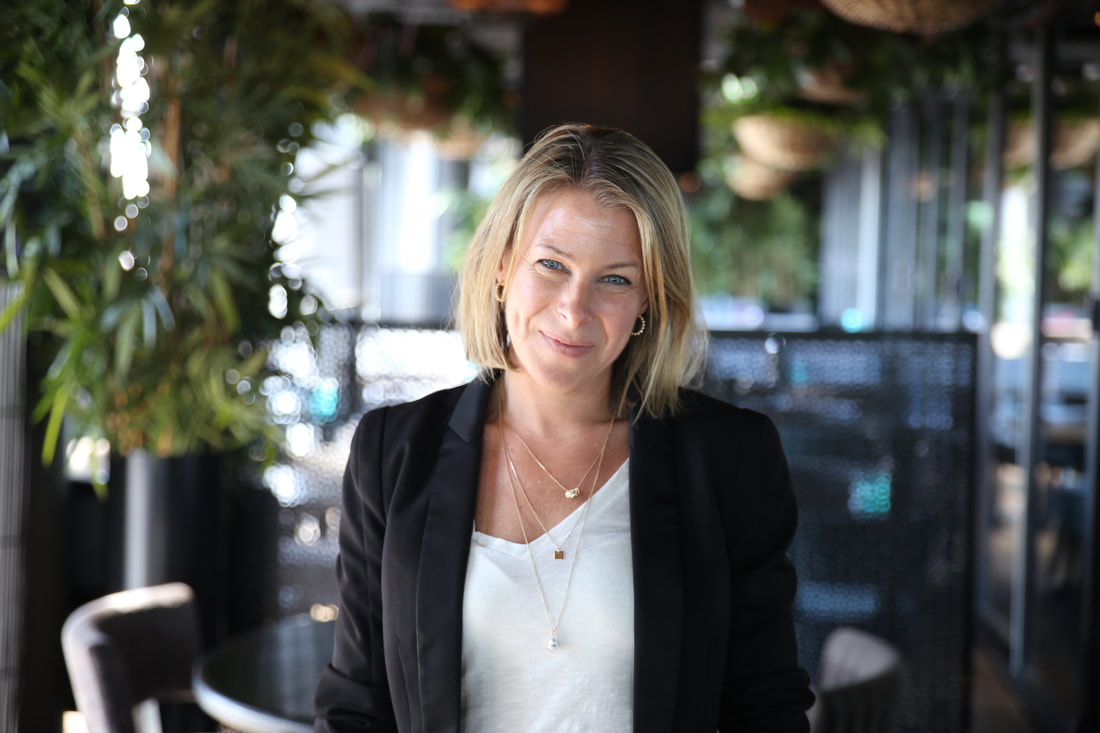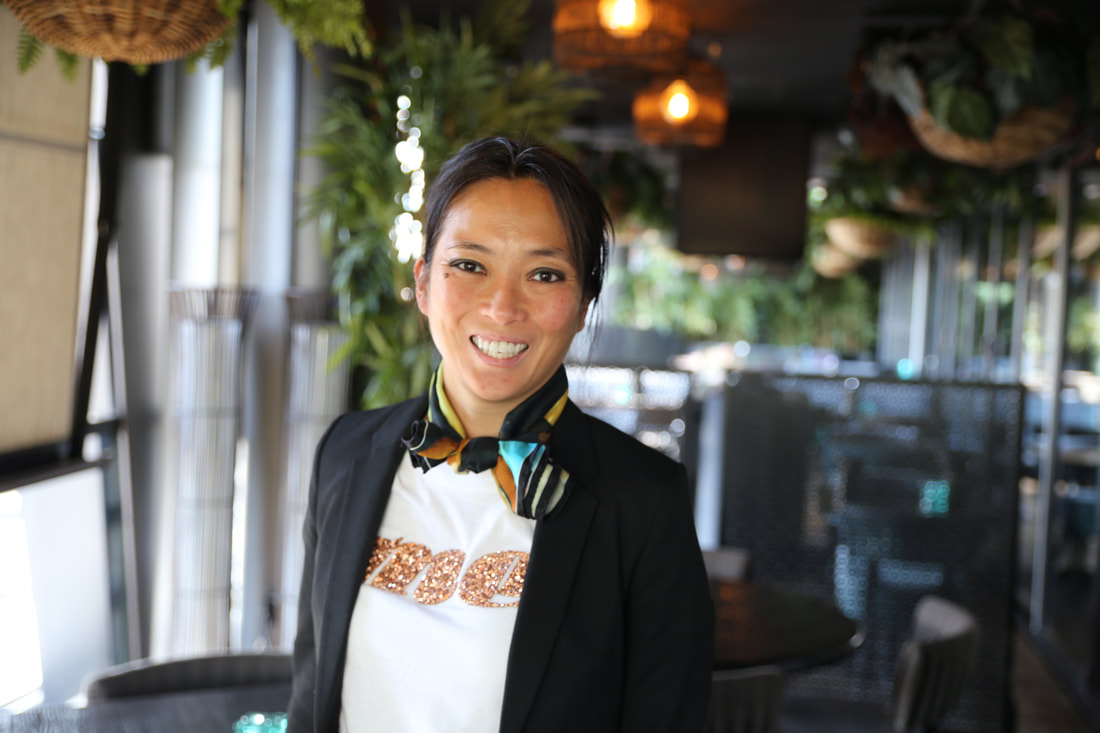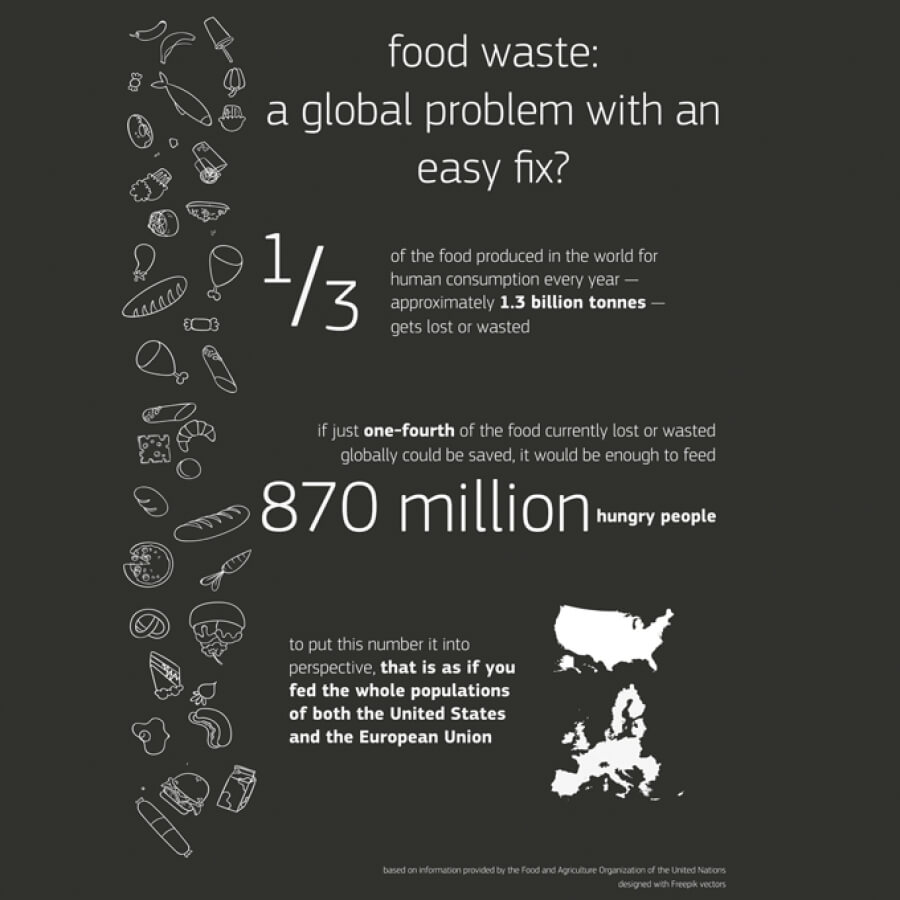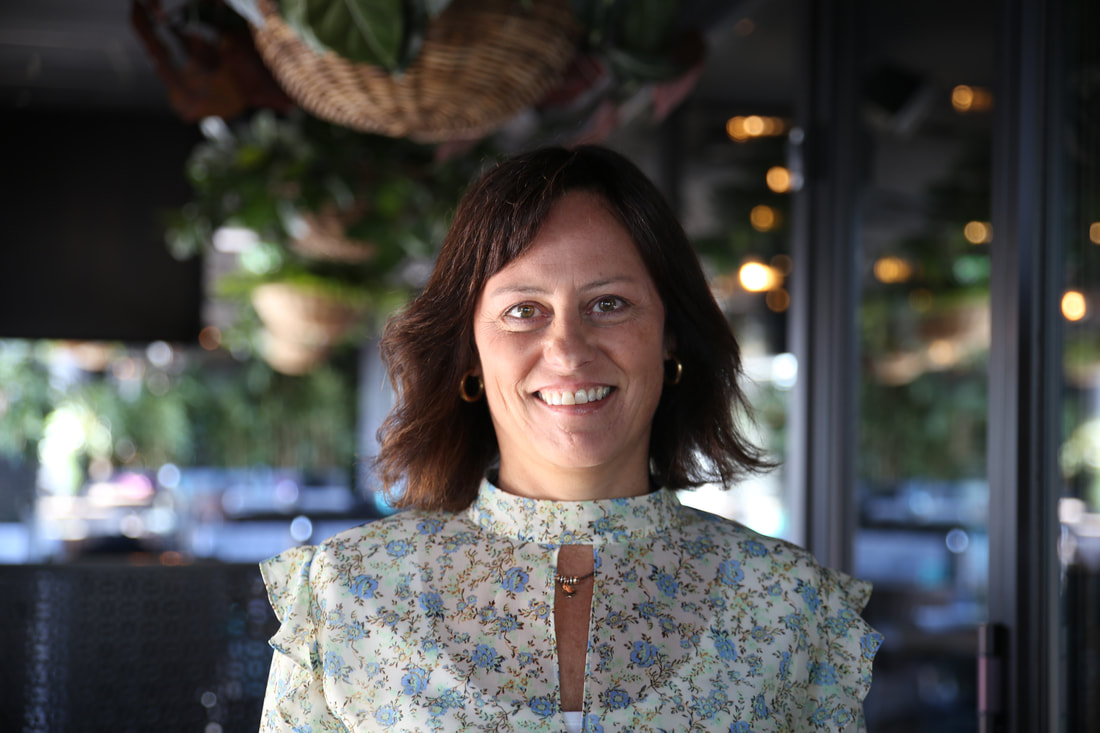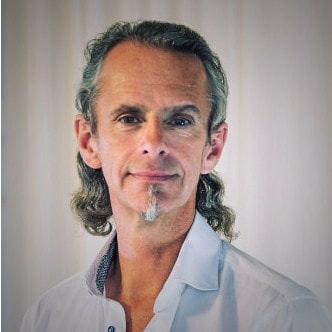|
It’s no easy task to assess how sustainable the global food industry is. So let’s start with a snapshot of how Norway is tackling industry issues, such as climate impact, labeling and food waste. As the Sustainability Hub Norway (S-HUB) Event Leader, Rilito Povea, mentioned during the recent From Farm to Fork seminar hosted by S-HUB and ASIA Aker Brygge, the food industry, valued at more than USD 5 trillion, is arguably the largest industry in the world. With food production as a major source of greenhouse gas emissions, and food itself accounting for around a quarter of global climate emissions, the industry’s impact in terms of climate change alone is massive. With this in mind, a group of Norway’s food industry representatives gathered to exchange insights around the complex set of sustainability challenges they face, from packaging, transport and traceability to production emissions and consumer information, to environmental impact and food waste – an issue that Norway is tackling with an national, industry-wide strategy. The seminar convened at the ASIA Aker Brygge restaurant in Oslo, a sustainable food flagship with an innovative vegan chef that has teamed up with S-HUB to enhance its sustainability efforts. Linnea Gustafsson from Drueklasen, ASIA’s owners, was pleased to announce that it recently became the world’s first UN-verified restaurant in their Climate Neutral Now initiative. Conscious consumers Linnea also emphasized transparency as a key for sustainable restaurant operations, which was reflected in a discussion around consumer choice kicked off by Andreas Friis, Co-founder and Executive Director at S-HUB, who posed the question, “Why do consumers think sustainable food products are low quality?” Petter Gulli, Sustainability and Brand Consultant at 12YEARS, said that the industry has “in order to communicate effectively about climate change, ecology and food, we have to understand how different people are and how diverse their attitudes are,” and underlined, “Rather than moralising and criticising, we should encourage people to do whatever they can and explain that changes of diet can be easier than they imagine.” Edona Arnesen, Restaurant Manager at Hrimnir Ramen suggested, “Our industry needs to increase its focus on people and caretaking, not least with regard to our employees, who have demanding jobs and deserve our respect and support, but also by supporting consumers to make wise choices.” Likewise, Snorre Djupesland Paulsen, Business Architect and Futurist at ÆRA, noted how “Sustainability managers in large organizations, who really are spearheads, strive to align their colleagues’ agendas towards sustainable goals. To work in this field you have to embody sustainability both professionally and personally.” Entrepreneur Martin Lang, Founder and CEO of Foodsoft, explained how difficult it is for food producers to gather accurate information to communicate to their customers and consumers. “Value chains in the food industry are getting increasingly complex and extensive, which is a challenge for sustainability and transparency.” Martin cited Norwegian bread as a good example, showing how Foodsoft has proven it to have a much lower climate footprint than the frozen breads being imported from Europe. Label and enable! Another perspective was provided by Johanne Kjuus, Sustainability Manager at Orkla Foods, who described how “Klimamerke” the new climate label for one of Norway’s biggest food brands, Toro, was inspired by listening to young people who are looking for simpler, smarter choices in the supermarket. Johanne said, “Toro wants to enable consumers to make climate-smart food choices, and our new climate label will show which of our products have the lowest climate footprints.” “Klimamerke” is based on a climate scale that developed by the Swedish research institute RISE. It shows different levels of climate footprint for a dinner portion – Toro products provide 250 million dinners in Norway annually – where medium corresponds to the current average, and low corresponds to what’s needed in order to reach the 1.5-degree target. The youngest participant at the seminar, Hanna Borg, Founder and CEO of Nordic Foodprint, was evidence of this growing consciousness. “I view the food industry from a millennial perspective, which involves being driven by purpose, so I have created my own business to be part of changing the industry.” Nordic Foodprint provides plant-based comfort foods and drinks to urban dwellers, while communicating information to help consumers make more empowered decisions. “At Nordic Foodprint we want to help the large food industry players see that catering to the needs of the younger generation can be profitable. Millennials want less packaging, more locally produced food and better information,” Hanna emphasized. A united industry Several speakers urged Norway’s food industry to focus more on collaborative efforts and less on competition with regard to sustainability and to employ a mixture of incentives and rewards to encourage both producers and consumers to change their habits and routines. Helene Skjenneberg, Director of Food and Beverage at Scandic Hotels, said “We must act together as an industry, sharing sustainability knowledge and best practices to create a ‘race-to-the-top’ and transparency,” and added that “At Scandic we can share how we engage our large workforce with our sustainability efforts so that other players can adapt our practices to their specific context and sector.” On the same topic, Julie H. Aarnæs, Sustainability Manager at UNIL /NorgesGruppen said “It is vital that all the diverse players in Norway’s food industry embrace sustainability from a holistic perspective – addressing a range of initiatives rather than just focusing on single area, such as food waste. This should include making requirements of our own operations, suppliers and the entire value chain.” After describing UNIL’s broad focus on sustainability, which includes red meat consumption, people focus, deforestation, animal health and value chain transparency, Julie urged the gathering to “consider a cross-sector program that could focus on climate change mitigation, environmental impact, workers rights in the value chain and engaging with consumers and customers to communicate the importance of sustainability.” From waste to resource According to Rosa Rolle, head of the Food Loss and Food Waste Project at the FAO, one-third of all food produced globally — 1.3 billion tonnes a year — is discarded or spoiled. If this wasn't shocking enough, the wastage cycle generates climate emissions almost as large the world’s largest CO2 emitters, China and the US. The highest wastage is in the EU and North America, averaging around 100 kg per person annually, with household losses accounting for the largest share. Due to sustainable agriculture techniques, Norway has relatively low climate emissions for food production, but nevertheless the average consumer discards 42 kg of edible food every year, more than 50% of the annual national wastage of 350,000 tonnes (73 kg per capita). As Anne Marie Schrøder, Communication Manager at Matvett, the Norwegian food industry’s organisation for prevention and reduction of food waste explains, while France and Italy decided to adopt laws to reduce food waste, Norway chose cooperation and collaboration. Encouraged by a number of successful projects from 2015 to 2017 that reduced food industry waste by 13% and consumer waste by 11%, in 2017 the Norwegian Government and food industry signed an agreement to reduce food waste in Norway by 50 percent by 2030. The agreement involves 79 players throughout the food supply chain, from primary production to service and retail, in cooperation with relevant government ministries. “It’s vital to have a strategy for reducing food waste that involves the entire value chain,” says Anne Marie, “Industry players must understand they can be part of the solution; the authorities need to remove barriers and provide incentives; consumers must be convinced to waste less food.” From Seed Vaults to Food Banks Although Norway may be better known for the Global Seed Vault, its network of food banks, Food Banks Norway, is a lynchpin in the country’s food waste mitigation efforts, helping to rescuing surplus food from producers and distributors. According to Paula Capodistrias, Project Manager at Food Banks Norway, "In the last two years, our network has grown from one to seven food banks strategically located around Norway. Through close cooperation between national and local governments, the food industry and charity organizations, we efficiently rescue surplus food from producers and retailers and distribute it to people in need, giving people, food and the environment a new chance.” Indeed, the network redistributed 2,200 tonnes of food in 2018, the equivalent of 4.4 million meals, with a corresponding reduction of 6.6 million kg of CO2. Not surprisingly, Anne Marie Schrøder says, “We have a well-functioning industry collaboration on food waste in Norway that has aroused interest from Sweden, Denmark and the EU Platform on Food Losses and Food Waste.” Other elements in the system include the efforts of Norwegian supermarkets, which in the last few years have put in place not only internal routines and awareness campaigns for the public, but also labelling systems to extend shelf life, and reduced prices on food approaching its sell-by date. Social entrepreneurs have also played a part by creating businesses based on food that would otherwise to go waste. The bestfør.no platform helps supermarkets identify food in risk of becoming food waste and the Foodlist app helps supermarkets sell or donate that food, and the TooGoodtoGo app connects consumers with leftover restaurant food at discounted prices. Supermarket chains have introduced innovations too, for example by selling ugly looking fruits and vegetables, and by sending their surplus food to Best Før - Like Godt, a supermarket in Oslo that sells to consumers. Next steps Andreas Friis of S-HUB, summed-up the seminar by responding to the gathering’s enthusiasm, stating, “I think there is a true hunger for sustainability collaboration among both small and large companies in the food industry. I have rarely seen such engagement and interest in working together to find solutions as we saw today. The interest in and potential for a more permanent collaborative network on food and sustainability has never been greater.” Insights
6 Comments
6/12/2021 08:08:22
All casinos before they are launched on our website. This is how we know that they are of high standard when it comes to offers, fast deposits nye casinoer and withdrawals, good customer support while also being an entertaining casino
Reply
Zaki man
21/8/2023 18:39:13
Thank you for sharing such a well-structured and informative blog post. The content was organized in a way that made it easy to follow, and the key points were highlighted effectively. To gain a deeper understanding, <a href="https://www.digistore24.com/redir/443631/Suren440/" target="_blank">click here</a>.
Reply
John
10/10/2023 16:24:16
Your post emphasizes the importance of building a strong online reputation and receiving positive reviews and testimonials when pursuing money-making opportunities. It's a way to establish trust and attract more customers. For more details, <a href="https://singingfiles.com/show.php?l=0&u=1731538&id=57412" target="_blank">click here</a>.
Reply
14/12/2023 12:29:41
The enthusiasm and engagement observed at the seminar reflect a genuine appetite for sustainability collaboration within the food industry, spanning both small and large companies. Andreas Friis of S-HUB aptly captured the sentiment, highlighting the unprecedented interest and potential for establishing a lasting collaborative network focused on food and sustainability. This underscores a positive trend toward collective efforts in finding solutions for pressing environmental and social challenges in the industry.
Reply
Leave a Reply. |
WANT TO PUBLISH AN ARTICLE HERE?
Have a read at our Publishing Guidelines: NEWSLETTER
Subscribe to our newsletter to get the sustainability articles sent to you every month. EDITOR
Lauren Guido |
|
Follow Us
Contact Us
|
Want to learn more? |

